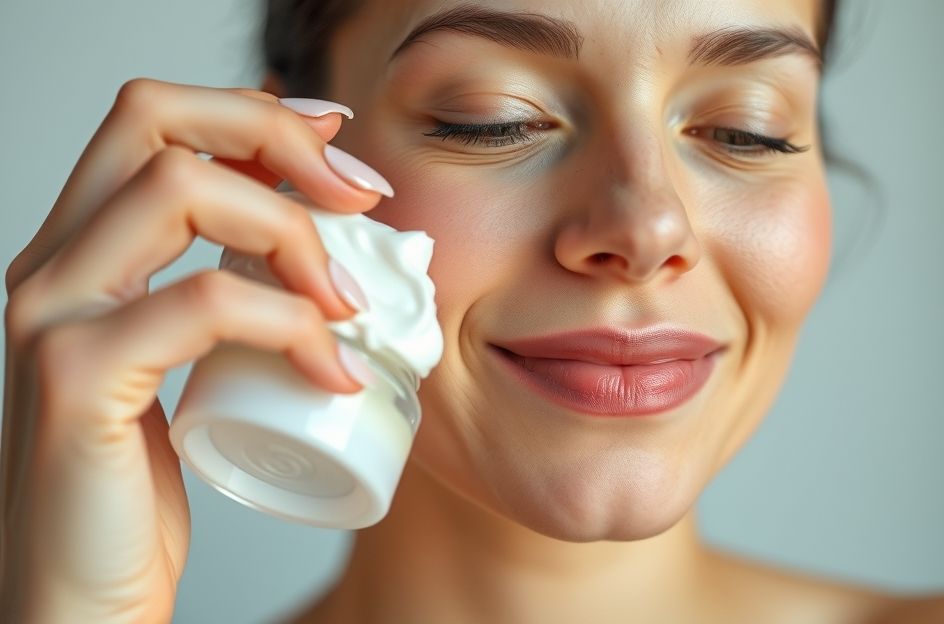Acne is a common skin condition that affects most people at some point in their lives. While the severity varies, several factors can contribute to breakouts, including stress, diet, environmental factors, hormonal fluctuations, and genetics. Fortunately, numerous over-the-counter (OTC) medications are available to help manage acne. The effectiveness of these treatments depends on the active ingredients, the cause of your acne, and your skin type.
Active ingredients play a crucial role in how well a product works. Salicylic acid reduces dead skin cells, while benzoyl peroxide targets P. acnes bacteria, a primary cause of acne. Here’s a breakdown of common active ingredients in OTC acne medications:
* **Benzoyl Peroxide:** This is a widely used and effective ingredient that reduces P. acnes bacteria and dead skin cells, addressing two main causes of comedones (pimples). Follow product instructions carefully, as overuse can dry out the skin and discolor fabrics. It’s available in lotions and gels and can be used preventatively.
* **Alcohol and Acetone:** These are sometimes combined in OTC medications. Alcohol kills surface bacteria, while acetone reduces skin oiliness.
* **”Herbal”, “Organic”, and “Natural” Products:** Marketed towards consumers seeking natural solutions, the effectiveness of these products for acne is inconclusive.
* **Resorcinol:** Often combined with sulfur, resorcinol can be effective for minor blemishes.
* **Sulfur:** Used for decades in OTC medications, often with alcohol, salicylic acid, or resorcinol. While effective for some, its exact mechanism is unknown, and it can have an unpleasant odor.
* **Salicylic Acid:** Effective for acne blemishes without inflammation, salicylic acid unclogs pores by minimizing dead skin cells. It has no impact on sebum or P. acnes production. Use preventatively, even after acne clears. It may cause skin irritation in some.
Remember that everyone’s skin is different. Those with oily skin may find gel-based products more effective, while those with dry skin may prefer creams. If you have sensitive skin, be cautious with strong acne medications to avoid irritation or worsening the condition.
Mild acne treatments can be used preventatively, while others (like benzoyl peroxide and salicylic acid) are recommended for post-acne prevention. However, some may be too harsh for regular use.
If your acne is severe, painful, or unmanageable with OTC treatments, consult a dermatologist for professional care.
